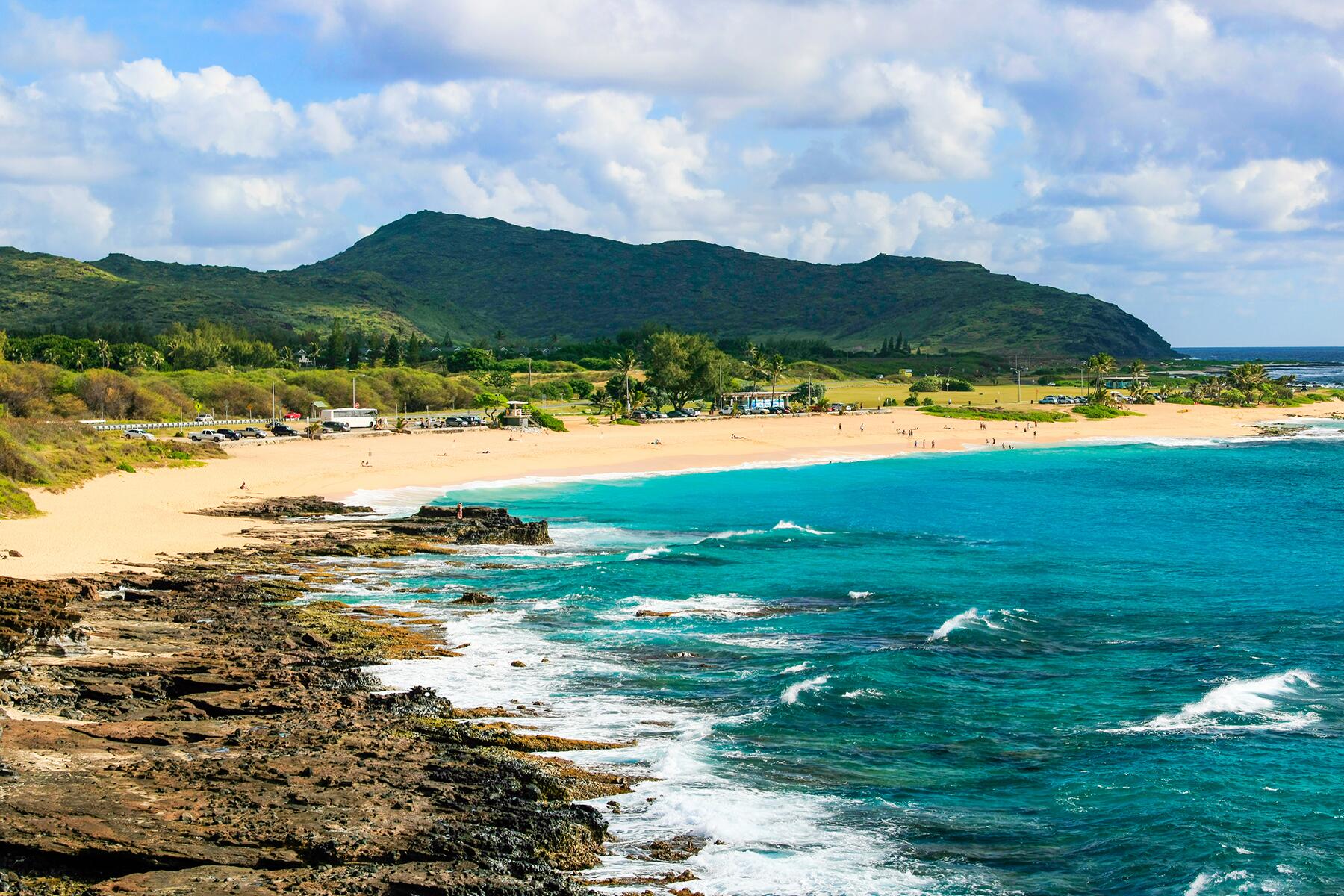You may have to rethink your budget.
You already know this: Gas prices are skyrocketing in the U.S. The average price is $4.32 per gallon—up from $3.48 a month ago, and a record-high (in 2008, it reached $4.11 per gallon). Analysts say there are a number of factors affecting this surge and it’s likely the upward trend will continue. Although the memes and jokes on Twitter have been entertaining, the prices are pinching Americans who are already feeling the heat of inflation, and it will make travel more expensive this spring and summer.
Why Are the Prices Rising?
One of the reasons is the Russian invasion of Ukraine. America imports a really small fraction of oil from Russia, but Russia is a major supplier to Europe and Asia. Traders are uncertain about Russian oil as deals may not close since the banking system is suffering from sanctions, and tankers are not willing to visit ports in the country due to the ongoing war. So, the country’s supply isn’t getting sold.
This affects everyone because oil is traded in a global commodities market. When the supply takes a hit anywhere, prices rise.
Another factor is the demand at home. The economy is rebounding and there has been a record job gain in 2021. With fewer restrictions and a decrease in COVID-19 cases, people are stepping out, driving, and traveling. Workers are returning to work, so all around, the demand for gas is rising. Hence, the prices are, too. Tom Kloza, global head of energy analysis for the Oil Price Information Service, told CNN, “Even before Ukraine, I was expecting to break the record. Now it’s a question of how much we break the record by.”
Recommended Fodor’s Video
The U.S. also switches to the expensive summer-grade gasoline from June to September to control air pollution, which jacks up gas prices even more. So, you should be prepared to save more and spend more if you’re planning to travel right now or in the coming weeks.
How Will It Affect Travel?
In many, many ways.
Fuel costs are the second-biggest expense for airlines after labor. With jet fuel prices soaring right now, airlines will raise fares to make up for it. The airspace in the war zone of Russia and Ukraine is closed, so flights have to reroute to avoid the countries, which means more fuel is needed. It is a double blow for travelers who are spending more time and money to go to some cities in Asia.
Airlines are also experiencing great demand from travelers and bookings are going up, which again leads to price increases. Experts have been recommending travelers to book as soon as possible because popular summer destinations—which are already expensive—will have a high price attached to the tickets.
For road-trippers, who pushed through the pandemic in cars and RVs, it’s not going to be such a hot season either with gas costing more than before. Plus, car rentals—which have been adding to the frustrations—will still cost dearly, too.
Uber announced that from March 16, it will add a surcharge of “either $0.45 or $0.55 on each Uber trip and either $0.35 or $0.45 on each Uber Eats order, depending on their location—with 100% of that money going directly to workers’ pockets.” (New York City is excluded as drivers received a 5.3% increase on March 1.)
Unfortunately, the only thing you can do right now is keep track of oil prices and decide smartly on where to fuel up. It also makes sense to track airfares and compare prices on different websites (for flights as well as hotels) to snag the best deal. And, it might make sense to travel closer to home or plan your trip in the fall or off-season if you’re on a budget.





Gee whiz, what else was happening in January 2021? A global pandemic maybe??? Don't let reason get in the way of your politics. There were actually more drilling permits issued in 2021 under Biden than in any year under Trump, not less, and the Keystone XL Pipeline was at best about 8% complete when Biden pulled the permit. It absolutely would not be in operation today, and absolutely would not be doing anything to lower the price of oil as the pipeline has nothing to do with how much oil Canada produces (Keystone XL is for Canadian oil, not the USA). Maybe seek out a little truth before accusing others of not being truthful?